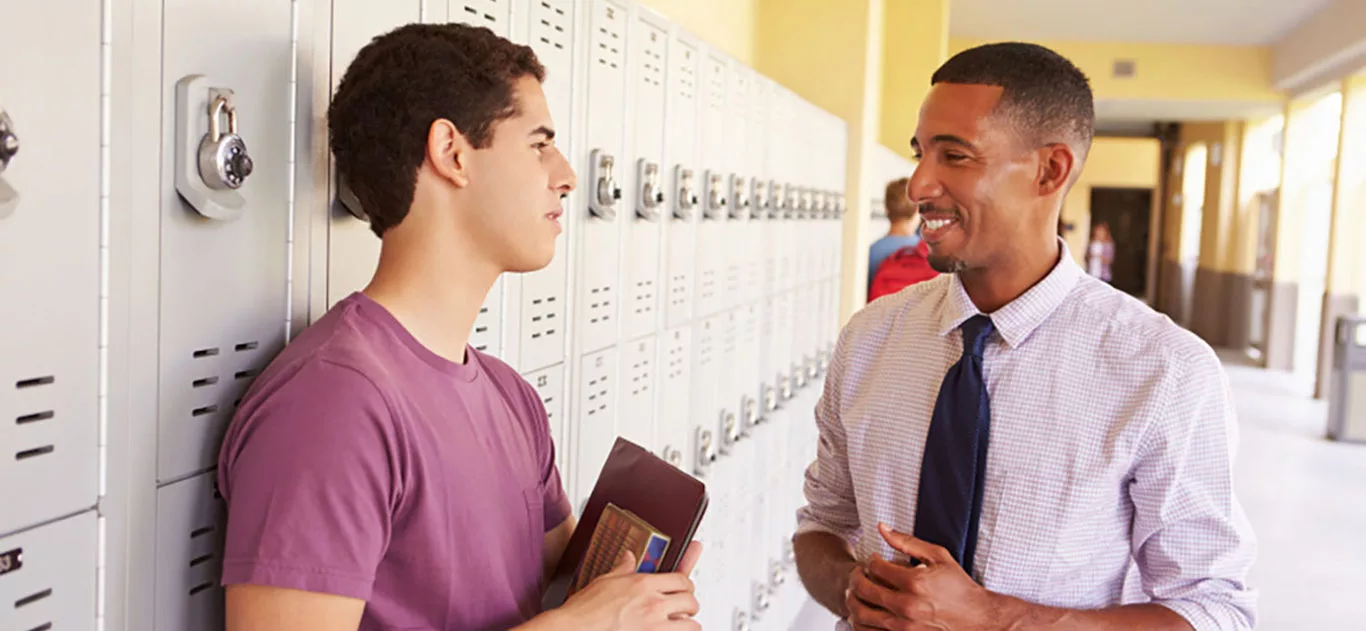For some teens who do not use drugs, school may provide them with the opportunity to learn how to be a good citizen.
How Teens Can Report Drugs and Alcohol at School
Schools are designed to be safe places where teens can focus on learning more about reading, writing and arithmetic. While most schools do offer these lessons, they might also offer teens lessons in an entirely separate subject. By reporting the presence of drugs or alcohol at school, these teens can ensure that school truly is a safe place. And, they might even be able to help the authorities identify those students who need help with their addiction issues.
The Problem
There are no readily identifiable studies that indicate how many teens bring drugs or alcohol to school, but news reports indicate that teens are bringing these substances to their schools in large numbers.
Police Supervision
In order to combat the presence of drugs in schools, some districts are responding by performing random sweeps with drug-sniffing dogs. These canines are specially trained to identify drugs when they smell them, and police officers respond with a search when the dogs indicate that drugs are present. This can be quite helpful in spotting small amounts of drugs that teens bring with them to school. However, some states have strict laws regarding searches, and performing routine searches is a violation of those laws.
According to an article produced by the University of Minnesota, schools may also adopt these policies to help prevent students from bringing drugs or alcohol to school or to school events:
- Banning all bags that are not see-through
- Asking monitors to check all thermoses or bags before students can enter
- Patrolling parking lots or shared areas,
- Forbidding students from reentering an event once they have left
Student Reporting
Students who spot drug abuse or alcohol abuse at school should report it to the school’s authorities. While all schools have a principal, some schools also offer additional staff members who could help with issues of addiction, including:
- Addiction counselors
- Mental health counselors
- School nurses
- Security guards
Students should attempt to speak to an authority figure like this right away, and they should be clear about what has happened, where, and when. Students should strive to be as accurate and factual as they can when they report what has happened.
According to the Drug Enforcement Administration, students who are caught with substances are usually expelled, as the schools are forced to make a commitment to keep their schools clean and provide a safe environment for students.
This threat can keep some students from reporting the abuse they see, as they worry about the impact the disclosure will have on their peers. It’s important to remember, however, that these teens may move from an expulsion into a drug or alcohol treatment program. Here, they’ll give tools they’ll need to beat their addictions. By bringing the problem to light, students may be doing their peers a huge favor.
At Newport Academy, we counsel addicted teens and their families about the risks of addiction, and we provide real help for people who are struggling with the consequences of addiction. We might provide the help a student needs after an expulsion. To find out more about our program, please call us today and speak with an expert.






